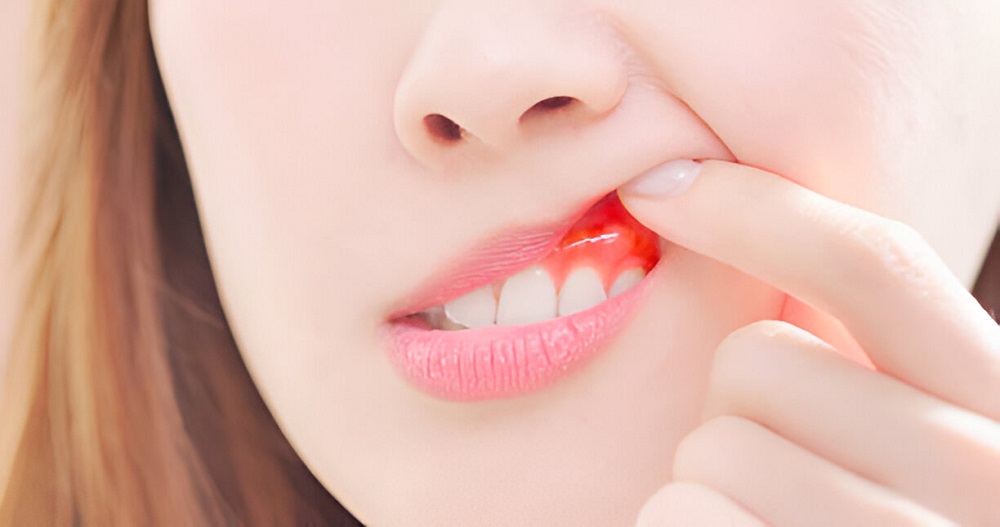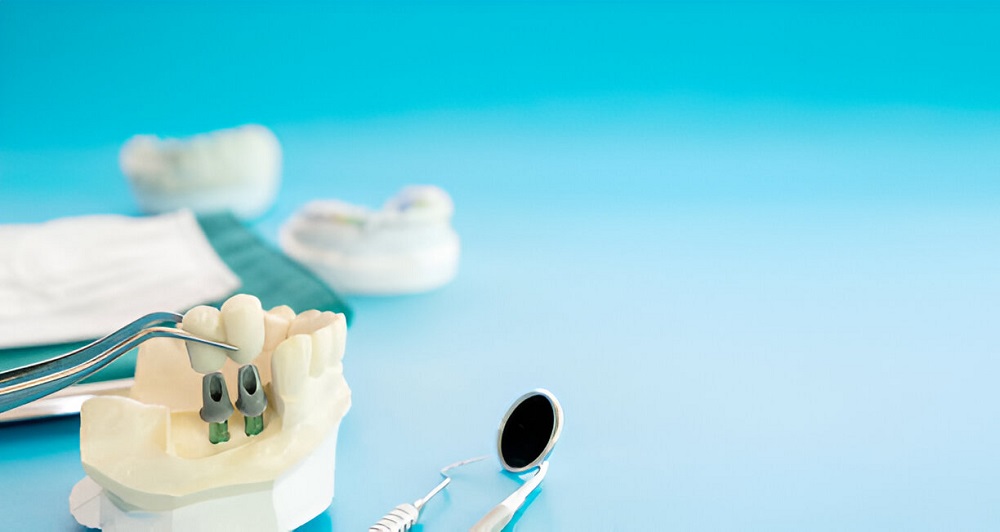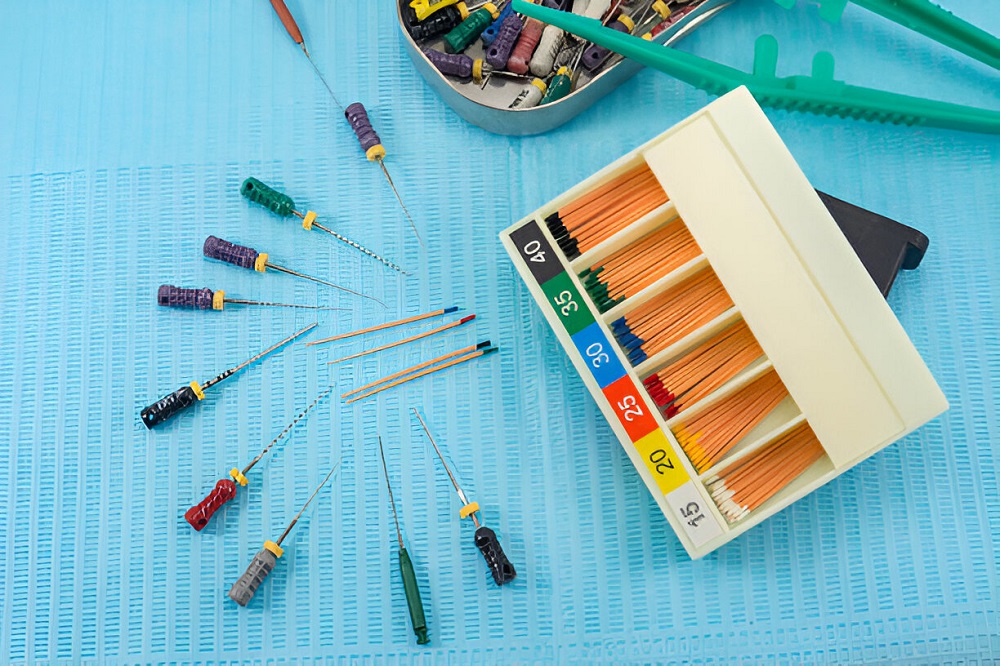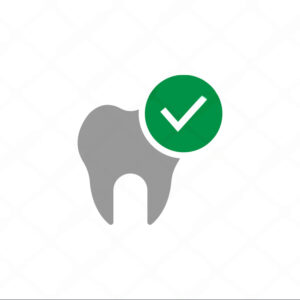Periodontal Care: Why does periodontitis occur?
An essential component of a dental hygiene program is periodontal care. It keeps you smiling confidently and lowers your chance of developing periodontal disease.
A grin can brighten someone’s day or warm their heart. A short flash of your dazzling teeth might make you feel happy, but what if you’re experiencing gum pain or an infected tooth?
Let’s examine the fundamentals of periodontal care, its advantages, and how routine cleaning differs from other methods.
Periodontal Care
The tissue that supports and surrounds the teeth, including the gums and bone, is impacted by periodontal diseases. Above and below the gum line, plaque, a thin layer of microorganisms, adheres to teeth. Tartar may form if it accumulates and solidifies. Gum disease can be caused by bacteria found in tartar and plaque.
Red, swollen, sensitive gums that bleed readily when brushed, chronic foul breath, and sensitive teeth are all symptoms of gingivitis. Good dental care can reverse gingivitis.
More severe is periodontitis. The teeth are separated from the gums. Bacteria can develop in these deep pockets. The bones supporting the teeth may sustain damage from the illness. They could get loose and fall out.
Periodontal care, Daily tooth brushing, and flossing might help address a minor issue. You could require further therapies, such as:
- A mouthwash that is prescribed.
- A cleaning that gets rid of tartar and plaque.
- If you don’t respond to alternative therapies, you could require surgery.
Why does periodontitis occur?
Poor oral hygiene is the primary cause of periodontitis. Plaque and tartar are produced by bacteria and adhere to the surfaces of your teeth.
Bacteria spread below your gum line, where your toothbrush and floss cannot reach, if you don’t wash your teeth as frequently or as thoroughly as you should.
These dangerous bacteria cause infection, bone loss, and tooth loss by eroding the tissues that hold your teeth in place.
Risk elements
Your risk of getting periodontitis may be raised by the following risk factors:
- Gum disease in the family.
- Hormonal shifts.
- Inflammatory conditions such as hypertension and diabetes.
- Sporadic dental appointments.
- Inadequate dental care.
- Vaping and smoking.
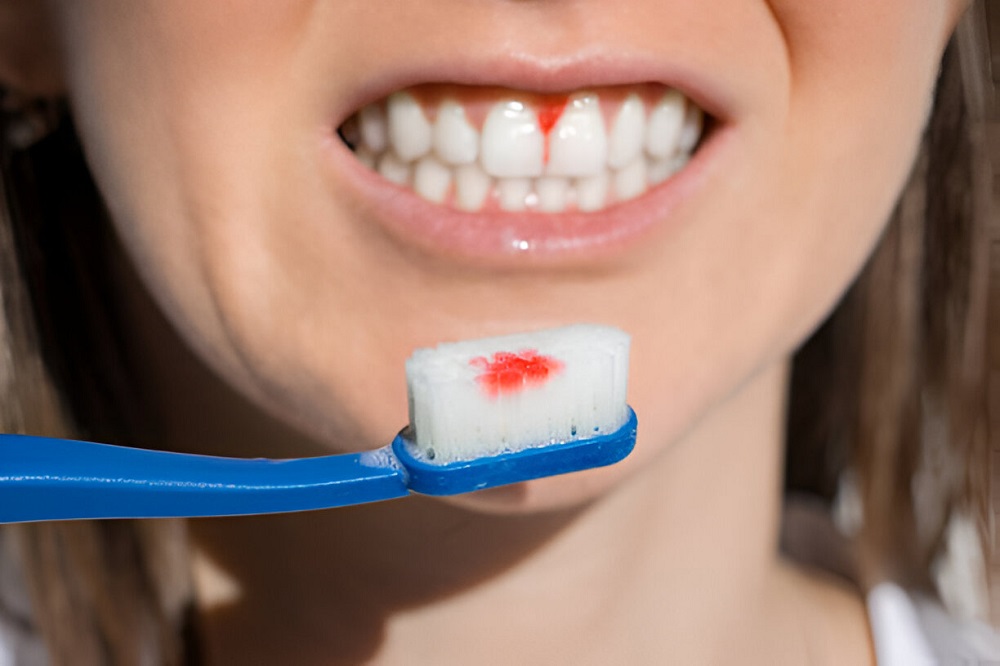
What’s Covered by Periodontal Care?
Depending on the state of your dental hygiene, there are many types of periodontal care. The following are some of the most popular techniques for maintaining periodontal health.
Scaling instruments are used in supragingival cleaning to remove calculus and plaque from the gum line.
Subgingival cleaning entails clearing the gum pockets and below the gum line of germs and calculus.
Bacteria are eliminated from the tooth root by scaling and root planing.
After scaling and root planing, use an antibiotic or antimicrobial lotion to encourage quick and healthy healing.
X-ray analysis to investigate gum and bone recession and pinpoint potential hazards.
What are some ways to take care of oneself at home?
- Follow your doctor’s instructions if your dentist prescribes antibiotics. If you feel better when periodontal care, don’t stop taking them. The entire course of antibiotics must be taken.
- Two times a day, in the morning and at night, brush your teeth.
- Make use of a toothbrush with a tiny enough head to reach all areas of your mouth and teeth, and soft, rounded-end bristles. Every three to four months, replace your toothbrush.
- When using toothpaste, use fluoride.
- The brush should be positioned at a 45-degree angle where the gums and teeth meet.
- Firmly press, then use tiny circular motions to bounce the brush back and forth.
- Use brief back-and-forth strokes to actively brush the chewing surfaces.
- From back to front, brush your tongue.
- At least once a day, floss. Select the flavor and variety that you want.
- Hire a professional to clean your teeth. The frequency of regular examinations will be recommended by your dentist. It is recommended that many individuals visit their dentists once or twice a year.
- To help lower bacteria, ask your dentist about using an antimicrobial mouthwash.
- If you are unable to wash your teeth after eating, rinse your mouth with water or chew sugar-free gum.
- Avoid using smokeless tobacco or smoking cigarettes. Periodontal disease can be brought on by tobacco usage.
Our Center Offers Friendly and Dependable Periodontal Care
Our knowledgeable staff is prepared to provide you with cheerful service, whether you’re exhibiting signs of periodontal disease or you just want a routine examination. From routine cleaning to periodontal care, we offer comfort and attention for all dental operations.
Give your dentist a call right now or get medical help right away if:
- You are experiencing increased discomfort, swelling, warmth, or redness, which are signs of an infection.
- Pus is dripping out of the place.
- A fever.

